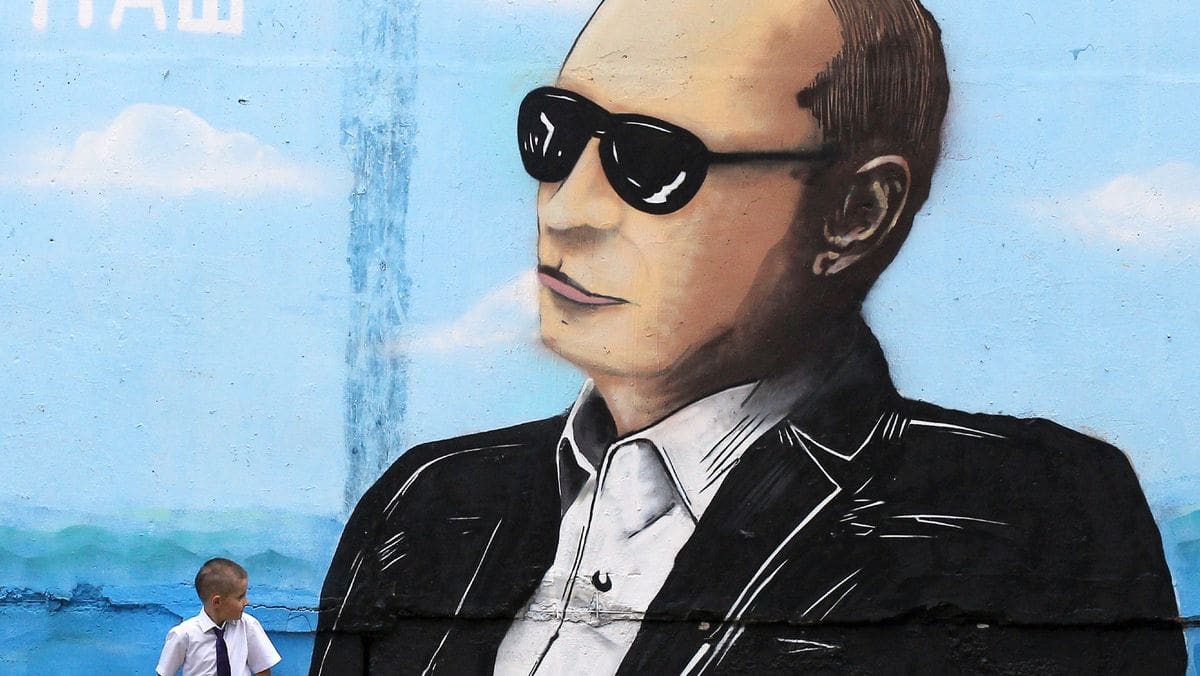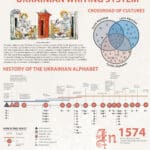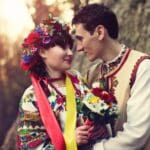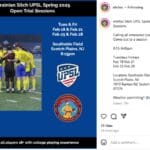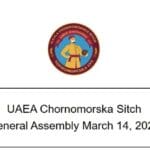A political pamphlet published in 1762 described a conversation between “Great Russia” and “Little Russia”. In the exchange, the latter refused to be simply reduced to part of Great Russia and put forward its own unique history and identity. At the time, the name “Ukraine” did not yet designate a state. But the noun ukraina – a word that meant “borderland” in several Slavic languages – was already used to describe its future territory: the vast steppe region surrounding the Dnipro (Dnieper) River and bordering the Black Sea.
The term Little Russia was gradually abandoned in the age of nationalism, as 19th-century Ukrainian-speaking academics and thinkers decided to subvert the old derogatory term to devise the modern idea of Ukraine as a nation. But two centuries later under the leadership of Vladimir Putin, Russia is exploiting these historical discourses to justify its own encroachments into independent Ukraine. He made his sentiments clear in an article from July 2021 published on his presidential web page when he wrote of Russians and Ukrainians as “one people – a single whole”.
